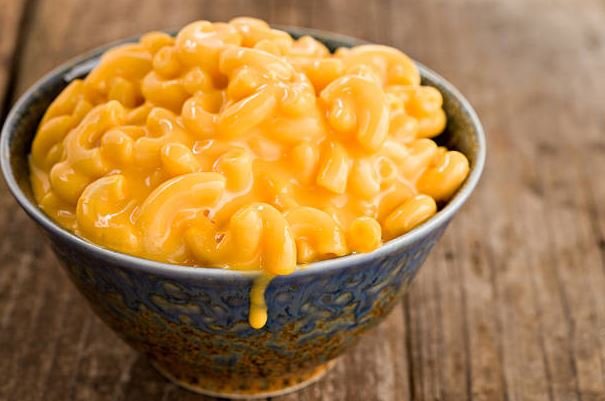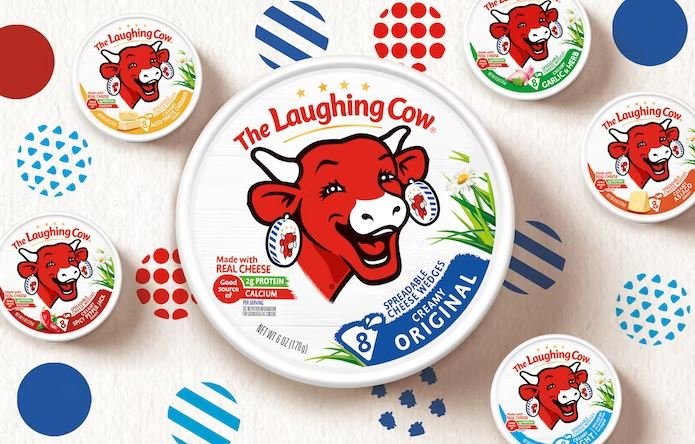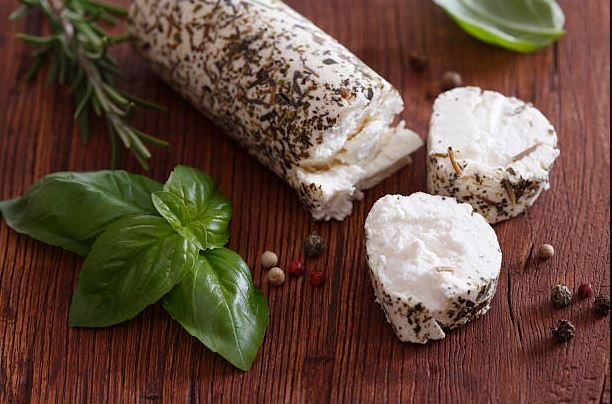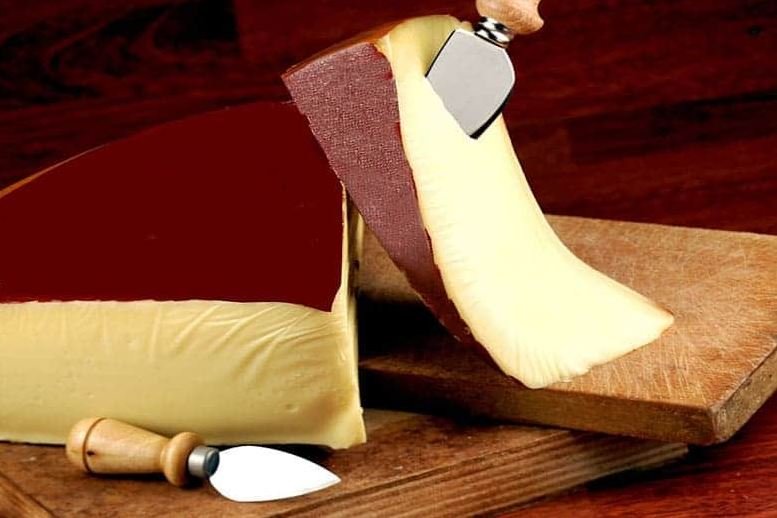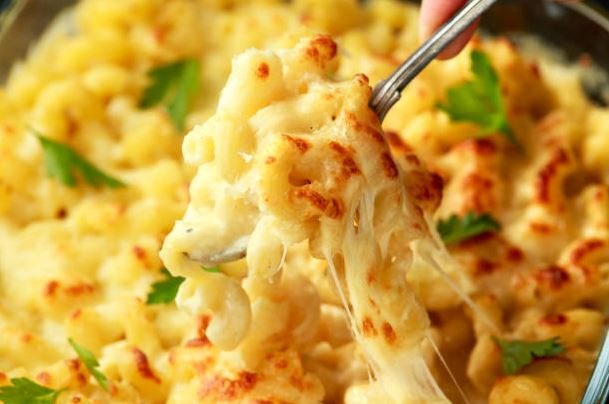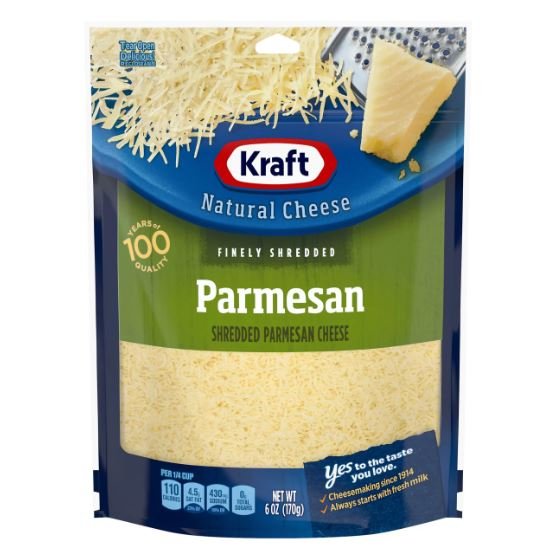These days, there are a lot of delicious dishes that you can make with cheese. Aside from using cheese in various dishes, most people love to eat it straight out of the refrigerator because of its famous texture and flavor. You, like these people, may enjoy cheese but be unsure of its classification. So, is cheese a vegetable?
No, cheese is not a vegetable and cannot be considered anywhere near a vegetable. While cheese is made, vegetables are grown. Cheese is a dairy product and a food item that is made from milk. In contrast, a vegetable is any part of a plant that can be eaten, including the stem, leaves, and flowers.
This means cheese is a dairy product made from milk, typically from animals like cows, goats, or sheep. It is made through the fermentation process and is not a food made from plants. Vegetables, unlike cheese, are grown in soil and don’t need to be fermented before eating.
What Is The Definition Of A Vegetable?
Vegetables are the parts of plants that humans or animals eat as food; they include leaves, stems, roots, flowers, fruits, and seeds. Until recently, all edible plants were considered vegetables, but today, the definition of a vegetable is determined by cultural and culinary traditions.
As an illustration, some vegetables, such as tomatoes and courgettes, may be referred to as “savory fruits,” while other plant-based foods, such as nuts and cereal grains, may not be included in the category of vegetables. However, some vegetables, like broccoli or pulses, might include seeds or flowers.
Defining vegetables based on cultural use can be tricky for you because some plants can be both vegetables and not vegetables simultaneously! For example, you might eat sweet potatoes, cassava, and cowpea leaves as vegetables, but the roots or grains aren’t considered vegetables.
Is Cheese A Vegetable Based On Its Nutritional Content?
No, cheese is not considered a vegetable based on its nutritional content. Cheese is a dairy product, and it is made from cow or goat milk. Although it contains some important nutrients like calcium and protein, it does not contain the same degree of vitamins, minerals, and fiber that are present in vegetables.
Generally speaking, vegetables are low in calories and fat and are a vital source of dietary fiber, vitamins, and minerals. They also offer various health benefits, such as a reduced risk of heart disease, cancer, and other chronic illnesses. While cheese can be a healthy food choice when consumed in moderation, it cannot replace vegetables.
Your body can benefit from the essential nutrients, calcium, potassium, and vitamin D that cheese provides. Certain vegetables, such as leafy greens, broccoli, and peppers, can provide nutrient-rich and low-fat options to maintain your health. Both cheese and vegetables can promote overall well-being by ensuring nutrient intake.
How Do The Processes Of Cheese-Making And Vegetable Cultivation Differ?
The processes involved in making cheese and growing vegetables are different and call for specialized knowledge and abilities. Cheese-making has to do with the production of a dairy product, while vegetable cultivation has to do with growing plants for consumption.
To make cheese, raw milk must be used, which is then processed with rennet or acid to thicken the milk proteins and create curds. The curds are then separated from the liquid whey and can be further processed and aged to produce different types of cheese with a range of tastes and textures.
To grow edible fresh or preserved vegetables, seeds or seedlings must be planted and cared for in the soil. The plants are grown until they are fully developed and prepared for harvest. This necessitates the practices of fertilization, irrigation, pruning, and pest control to ensure plant growth.
Are There Similarities Between Cheese And Vegetables In Terms Of Their Composition Or Characteristics?
Actually, there are. Even though cheese and vegetables are two very different foods, they have some similarities in their composition. For example, they are good vitamin, calcium, and protein sources. Both of them contain water, but cheese typically contains more fat and protein and less water than the majority of vegetables.
They also have a range of tastes and textures, from mild and subtle to strong and sharp and from soft and creamy to hard and crunchy. Many vegetables, including kimchi and sauerkraut, go through a fermentation process similar to that used to make cheese. Cheese and fermented vegetables can be made through traditional methods that require skill and knowledge.
Both cheese and vegetables can be used in various dishes: cheese can be used in everything from pizza to pasta to sandwiches, while vegetables can be used in soups, salads, stir-fries, and many other dishes. Even though they share some characteristics, cheese, and fermented vegetables are two different types of food.
Conclusion
Vegetables are plant-based foods grown underground or above ground, whereas cheese is a dairy product made from milk. Vegetables are low in calories and high in vitamins, minerals, and fiber, while cheese is high in calories, fat, and protein. Both cheese and vegetables can be part of a healthy diet, but they are different food groups.




